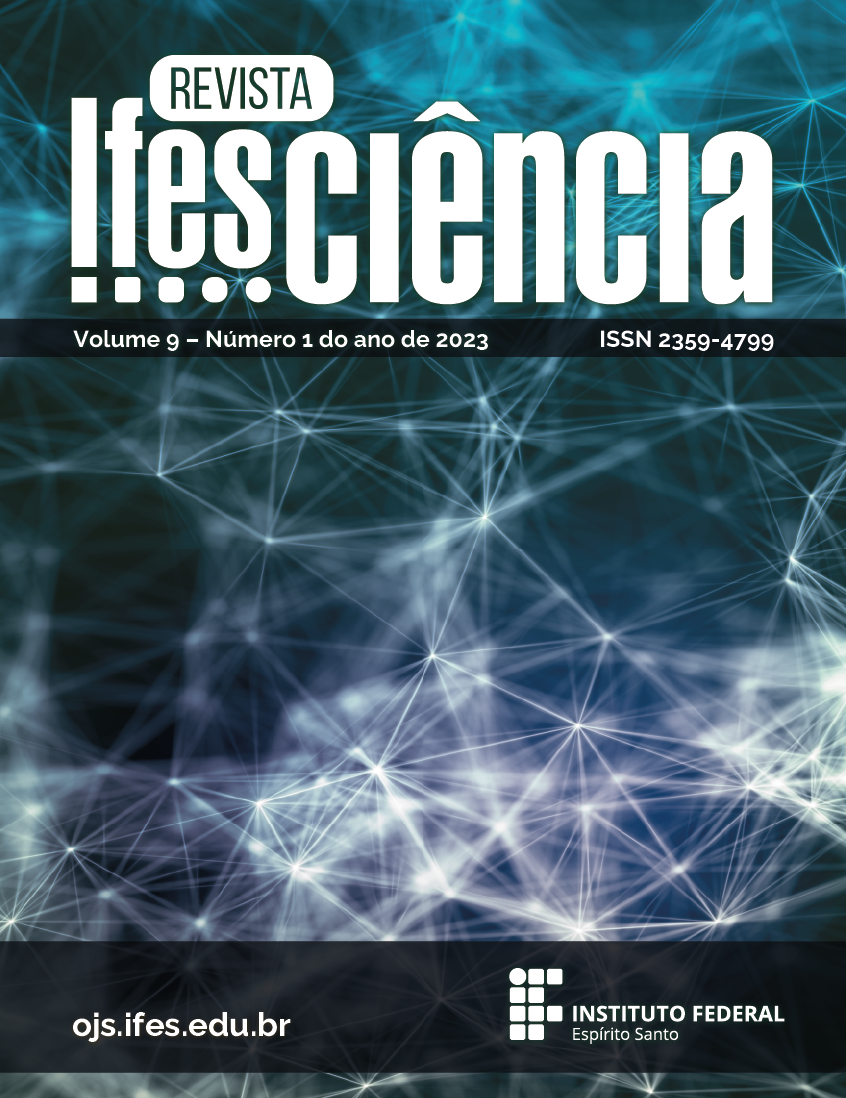AWARENESS PROCESS OF THE ACADEMIC COMMUNITY STUDENTS OF PRIVATE UNIVERSITY ABOUT THE UN SUSTAINABLE DEVELOPMENT GOALS
DOI:
https://doi.org/10.36524/ric.v9i1.1855Palabras clave:
SUSTENTABILIDADE, AGENDA 2030, KIRKPATRICK, ODS, SENSIBILIZAÇÃOResumen
Sustainable development can be defined as fulfilling the population's desires without harming the world to the point that the next generations will not have as many opportunities. To help keep this balance, the United States Organization created Agenda 2030 with 17 Sustainable Development Goals. However, the population of this concept has become the main difficulty of modern humanity. So, the present study aims to contribute to the population's social development once educational institutions are seen as a promoter and increasingly aware and capable of understanding and maintaining the necessary balance for the planet's well-being and quality of life. The methodology to be used consists of selecting an explanatory video about the theme and using Kirkpatrick's method. Using interviews, this method analyses the person in four moments: reaction, learning, behaviour, and results. The first two were answered after watching the video, and the others were applied a month apart. On average, there were 40 written responses, which showed improved knowledge of the SDGs. In this way, the development of attitudes and the importance of learning the SDGs showed positive results in the training.
Descargas
Publicado
Número
Sección
Licencia
Derechos de autor 2023 Revista Ifes Ciência

Esta obra está bajo una licencia internacional Creative Commons Atribución-NoComercial-SinDerivadas 4.0.
Autores que publicam nesta revista concordam com os seguintes termos:
- Autores mantém os direitos autorais e concedem à revista o direito de primeira publicação, com o trabalho simultaneamente licenciado sob a Licença Creative Commons Attribution que permite o compartilhamento do trabalho com reconhecimento da autoria e publicação inicial nesta revista.
b. Autores têm permissão e são estimulados a publicar e distribuir seu trabalho online (ex.: em repositórios institucionais ou na sua página pessoal) a qualquer ponto antes ou durante o processo editorial, já que isso pode gerar alterações produtivas, bem como aumentar o impacto e a citação do trabalho publicado (Veja O Efeito do Acesso Livre).



